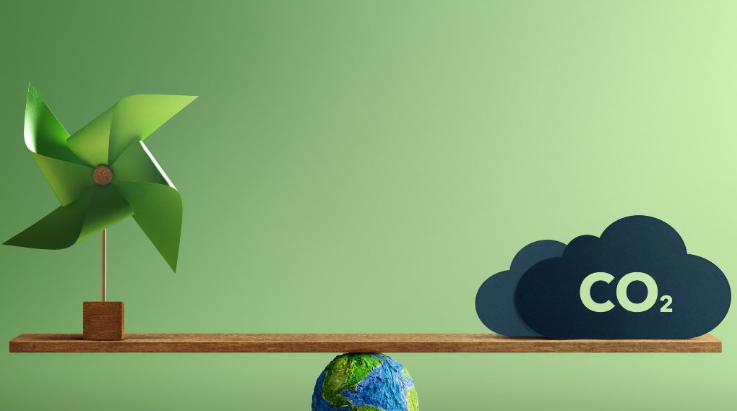In Short : UK Chancellor Rishi Sunak is facing increased pressure following a warning from the International Energy Agency (IEA) about the risks associated with the government’s net zero policy U-turn. The IEA emphasized the importance of consistent policies and swift action to achieve climate goals. Sunak’s recent decision to cut green initiatives raised concerns about the government’s commitment to combating climate change. Critics argue that these policy reversals could undermine the UK’s progress towards its net zero targets, making it imperative for the government to uphold and strengthen its climate policies to avoid detrimental consequences.
In Detail : Rishi Sunak faces further pressure over his U-turn on net zero targets, after the head of the world’s energy watchdog said countries that water down green policies risked worsening the climate crisis and damaging their own economies.
In its annual World Energy Outlook, the International Energy Agency (IEA) hailed the gathering pace of the worldwide transition to cleaner energy, forecasting for the first time that demand for oil, gas and coal would peak before the end of the decade.
But the report called on governments not to derail progress by weakening climate measures, warning that effects such as wildfires and flooding meant that “no country is an island”.
Sunak caused consternation among environmental campaigners and the automotive sector alike when he announced measures that included a delay to the phasing out of new petrol and diesel cars by 2030. The prime minister – who has vowed to end the “war on motorists” – set a new target of 2035.
However, the UK’s 2030 target is still included in a section of the IEA report listing policies that large economies have announced and must implement if global heating is to be slowed.
The director of the IEA, Dr Fatih Birol, told the Guardian that while the U-turn would not affect his organisation’s global projects, countries that rowed back on climate promises would harm their own economies, as well as the planet.
“Governments are entitled to their policy choices,” he said. “But leaving aside … climate change and being a good citizen of the world, I believe the world is entering an era of clean energy technology manufacturing. They [governments] are competing with each other for pole position to create good jobs in modern industries.
“Countries who are slowing down in terms of pushing clean energy may well have a disadvantage in terms of their competitiveness for the next chapter of industry.”
The shadow energy secretary, Ed Miliband, said: “This report is further evidence that Rishi Sunak’s retreat from a clean energy future is wrong for Britain and will mean higher bills and less energy security.
“Shrinking from climate action will send the wrong message to the world just at the moment when the power of our example can show that clean energy means lower bills for families, energy independence for our country, more jobs, and will protect future generations.”
The IEA set out a range of scenarios affecting the projected global temperature increase by 2100.
Under the policies in place, it predicted a rise of 2.4C above pre-industrial levels, resulting in “very widespread and severe” effects.
The increase can still be kept to 1.5C, in line with the 2015 Paris agreement, through measures such as tripling renewable energy capacity and doubling investment in energy efficiency, the IEA said.
Its mid-range scenario, under which the world heats up by 1.7C, is based on policies that have been announced but not yet enacted, including the UK’s now-defunct 2030 pledge on petrol and diesel cars.
Birol echoed concerns about Sunak’s U-turn that have been expressed by senior figures in the automotive and energy sectors.
“You can’t give investors one strategic direction today and change it tomorrow, these are up-front investments,” he said. “Capital you put on the table is huge and this could lead to hesitation for investors.”
Birol highlighted weather events such as this summer’s European wildfires and UK flooding caused by Storm Babet as one justification for increasing efforts to reduce carbon emissions.

